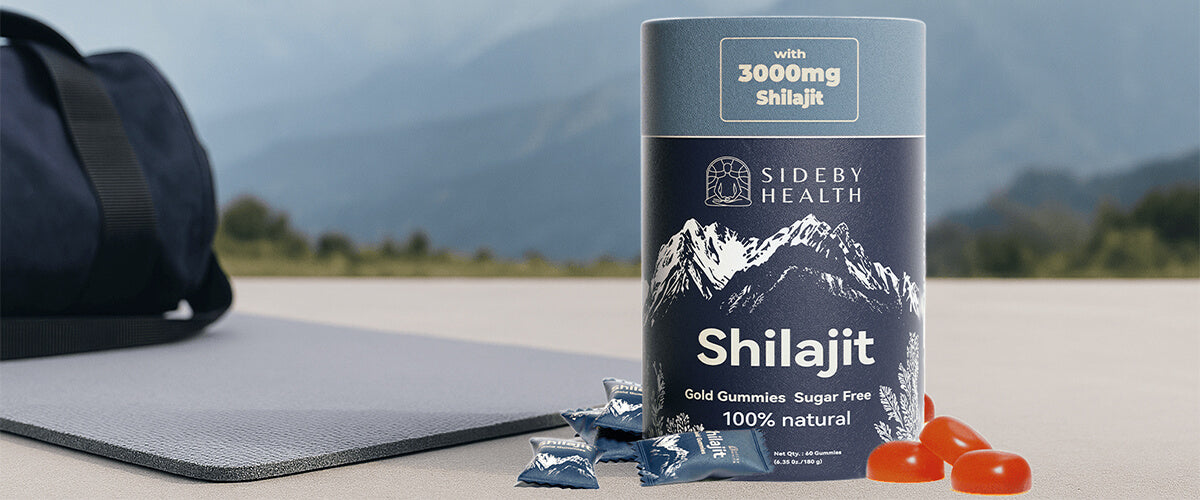
Mucuna pruriens: Nature’s L-Dopa Powerhouse
Introduction
Mucuna pruriens, commonly known as velvet bean, cowhage, or Kapikachhu, is a tropical legume native to Africa, India, and the Caribbean. Renowned in Ayurveda as a nerve tonic and rejuvenating herb, it has gained global attention for its high L-Dopa (levodopa) content—a direct precursor to dopamine. Traditionally used for neurological health, vitality, and sexual function, modern research validates its potential in managing Parkinson’s disease, enhancing mood, and boosting physical performance.
Key Bioactive Compounds
►L-Dopa (Levodopa, 3–7% concentration) – Directly converts to dopamine in the brain.
►Alkaloids (mucunaine, prurienine) – Neuroprotective effects.
►Antioxidants (flavonoids, glutathione) – Combat oxidative stress.
►Protein and amino acids – Supports muscle growth.

Traditional Uses
- In Ayurveda, it is classified as a "Rasayana" (rejuvenator) and used for:
- Nervous disorders (e.g., paralysis, tremors).
- Male fertility – Improves sperm count and motility.
- Stress and fatigue – Balances Vata dosha.
- Anti-aging – Promotes longevity.

L-Dopa in Mucuna pruriens is more bioavailable than synthetic versions, with fewer side effects (e.g., dyskinesia). Clinical studies show faster onset and longer-lasting effects compared to conventional drugs.
Mood and Cognitive Enhancement
✔Increases dopamine, serotonin, and norepinephrine, improving depression, focus, and motivation.
✔Testosterone and Fertility Boost
✔Studies report higher testosterone levels, improved sperm quality, and libido in men.
✔Athletic Performance
✔Reduces cortisol, enhances endurance, and supports muscle recovery via dopamine-regulated growth hormone release.
✔Antioxidant and Anti-inflammatory Effects
✔Protects neurons from oxidative damage, potentially slowing neurodegenerative diseases.
Contraindications: Avoid with MAOIs, antipsychotics, or in dopamine-sensitive conditions.









